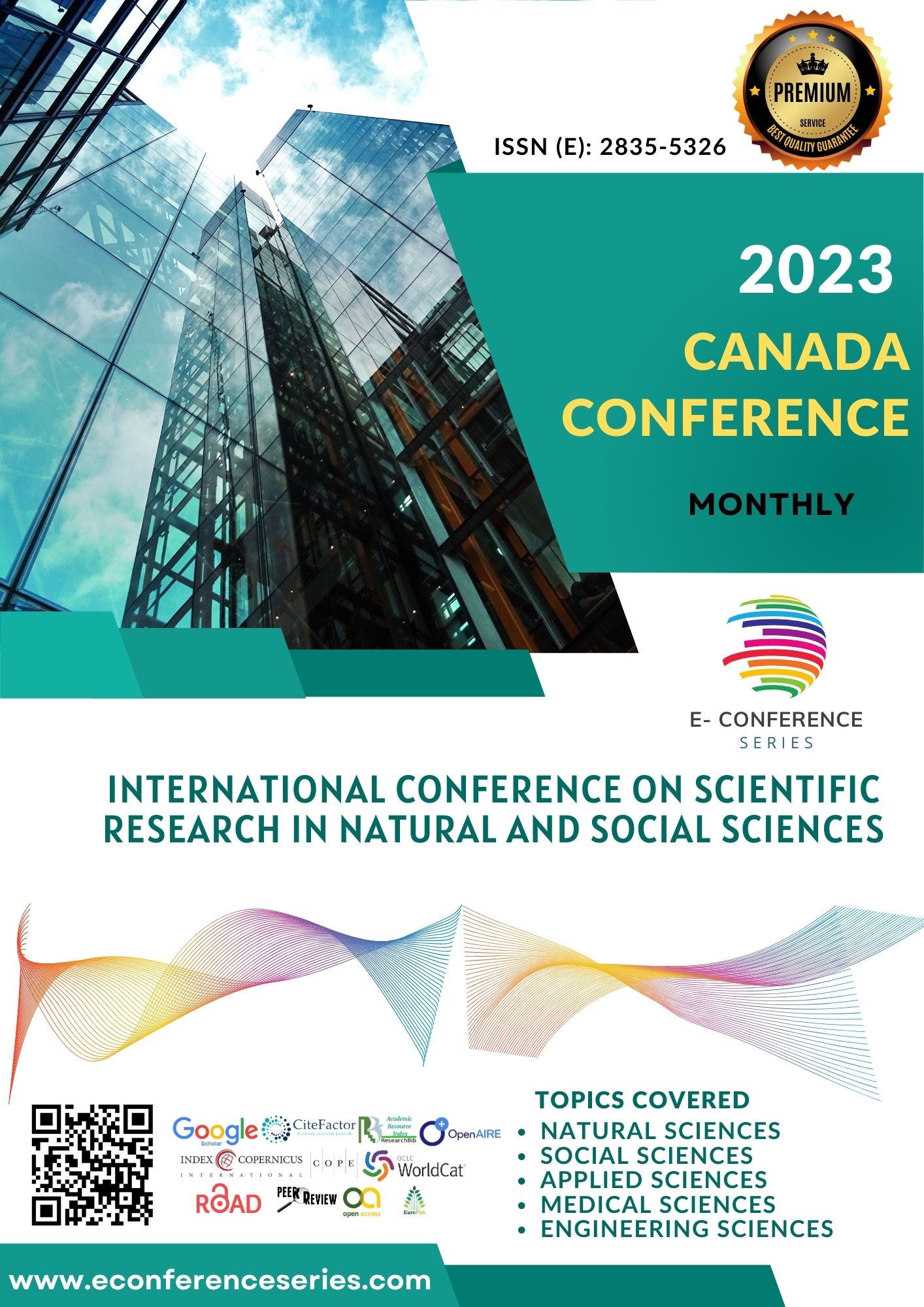COMPARATIVE-SEMANTICAL ANALYSIS OF UZBEK, RUSSIAN AND ENGLISH PAREMIOLOGICAL UNITS
Keywords:
proverb, phraseological unit, alternatives, similar equivalents, linguoculturologyAbstract
In this article was discussed, the proverb, which is one of the oldest examples of folklore, differs from other genres by its short, concise, figurative and deep meaning. Proverbs show the ancient and rich spirituality of each nation. Moreover, phraseological units of English and Uzbek languages and a comparative study of the conceptual layers describing the social, physiological and psychological nature of female and male concepts in this article, and the disclosure of their similarities and differences were mentioned in this article.
References
Mieder W. International Proverb Scholarship. New York: Garland Publishing, 1993. P. 27-63.
Sarimsoqov B. O‘zbek xalq maqollari. Toshkent, 1978.
Аникин В.П. Мудрость народов // Пословицы и поговорки народов востока. – М.: Наука, 1961. – 76 с.
Gryzberg P. Proverb. New York: Brockmeyer, 1994.
Sadriddinova М. Z,O’zbek maqol va matallari leksikasi.-T.: 1984 6. The Oxford Dictionary of English Proverbs 3rd Edition, Oxford University Press; 3rd edition (October 15, 1970)
Мокиенко В. M. Большой словарь русских пословиц, Москва 2010
Downloads
Published
Issue
Section
License

This work is licensed under a Creative Commons Attribution-NonCommercial 4.0 International License.








